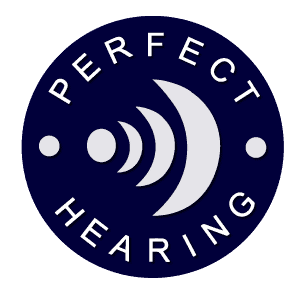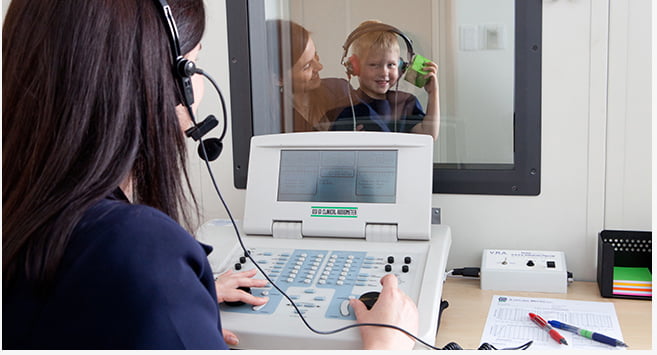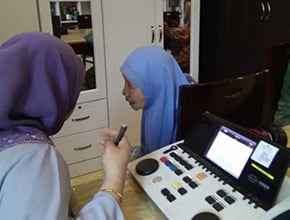Since the beginning of human existence, there have been certain people who could hear better than others, and some others who couldn’t hear at all.
For as long as humans have known about hearing loss, there has always been the need for hearings tests and solutions, such as hearing aids.
The idea of a hearing test has, therefore, been around to some degree since finding a solution to hearing loss. Today, with advanced development in science and technology, we benefit from quick hearing tests in Malaysia and device improvement.
Certain devices have also been invented to help us improve our hearing, should we be diagnosed with a partial hearing loss. One of such devices is the hearing aid.
Now, let’s go way back and learn about the development of hearing tests so that we can appreciate what we now have.
Hearing Tests, B.C.
The first research on the hearing test was carried out by Hippocrates of Cos around 460 and 377 BC.
Hippocrates was a Greek physician who made the first attempt at trying to diagnose potential causes of hearing loss.
Aulus Cornelius Celsus is another man who attempted. He lived from 50 to 25 B.C.
He wrote one of the first medical encyclopedias.
In his book, he talked about studies and treatments to help people with hearing problems.
Some of these treatments included removing ulcers with surgical needles.
Nowadays, hearing tests in Malaysia are not invasive and are pain-free.
Modern Advancements
As hearing tests advanced, Germain physicians Heinrich Adolf Rinne and Ernst Heinrich Weber started using the tuning fork to examine patients’ reactions to different vibrations.
They used this method of testing to understand the difference between Conductive or Sensorineural hearing loss better.
As medicine evolved, the tests went from tuning forks to audiometers in 1879.
Audiometers were invented by David Edward Hughes to test how sharp a person’s hearing was.
The device operator would turn the knob to different frequencies to see which decibels the patient struggled with. A serious hearing loss was considered 60 decibels.
Hearing tests have developed since then. Electronic assessments were invented in the 1920s and allowed for even better quality tones for a more accurate test.
Today, hearing test in Malaysia and hearing aid in Malaysia are even more advanced and are capable of producing even more accurate results.
Hearing Tests Today
Nowadays, hearing tests are conducted very differently.
When you go for a hearing test in Malaysia, the process usually starts with a short questionnaire to get an understanding of what the status of your hearing is like at the moment.
And from there, it evolves into a larger discussion with your audiologists.
The purpose of the discussion is usually to get in-depth knowledge about the factors that may have influenced your hearing, and at the same time, help figures out your hearing needs.
The next step would be the actual test, the Audiometric Test. You may be familiar with this term if you have had your hearing tested before.
You will be given noise-cancelling headphones to wear; then a series tone would be played, and you will be required to indicate when you hear the tone.
As soon as this exercise is over, your audiologist will present you an audiogram and explain the results. Today, hearing tests can also be conducted at a hearing aid centre.
Other modern tests include the speech test. There isn’t so much difference between the speech test and the audiometric test.
With the speech test, you will be made to listen to the spoken word at different volumes which you will be required to repeat out loud.
This test is supposed to give your audiologist an idea of how you hear and comprehend everyday conversations.
And if you are diagnosed with a loss in hearing, that shouldn’t be something to worry about, as there are leading hearing aid centres in Malaysia that provide hearing loss treatment for sensorineural hearing loss, conductive hearing loss as well as others who have a hearing problem.




